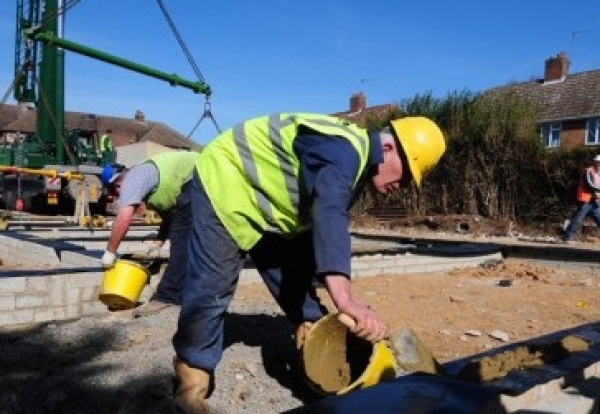Deputy Prime Minister Angela Rayner has unveiled a wide-ranging support package to bring smaller house builders back into the market, including a review of wildlife habitat rules that currently require all housing sites to deliver a 10% biodiversity uplift.
Ministers say the current one-size-fits-all approach is piling unnecessary costs on smaller schemes. They are now proposing scaled-back Biodiversity Net Gain demands to make it easier and cheaper to build on small plots.

Rayner said: “Smaller house builders must be the bedrock of our Plan for Change to build 1.5 million homes and fix the housing crisis we’ve inherited. It’s time to level the playing field.”
The overhaul will see:
-
Fast-tracked planning for developments of up to nine homes, with lighter BNG rules and sign-off handled by planning officers.
-
A new medium site category for 10–49 homes with exemptions from the Building Safety Levy and simpler environmental requirements.
-
Land releases from Homes England targeted specifically at smaller buidlers.
-
A new National Housing Delivery Fund offering long-term finance including revolving credit facilities.
-
A £100m SME Accelerator Loan scheme, funded through the extended Home Building Fund.

A new pilot dubbed the Small Sites Aggregator will be launched in Bristol, Sheffield and Lewisham to bring unused plots into development, particularly for social rent homes.
The model builds on work by Lloyds Banking Group to unlock awkward brownfield sites often ignored by major players.
The government is also launching consultations on reforming planning committees. Under the changes, routine and minor applications would no longer be bogged down in committee debates, speeding up decisions and freeing planners to focus on big-ticket schemes.

Other measures include £10m for councils to fast-track environmental assessments and a £1.2m PropTech fund to back digital tools helping SMEs assess land and infrastructure potential.
The government claims the overall shake-up will help drive housebuilding to its highest levels in 40 years, adding up to £6.8bn to the economy by 2030.


